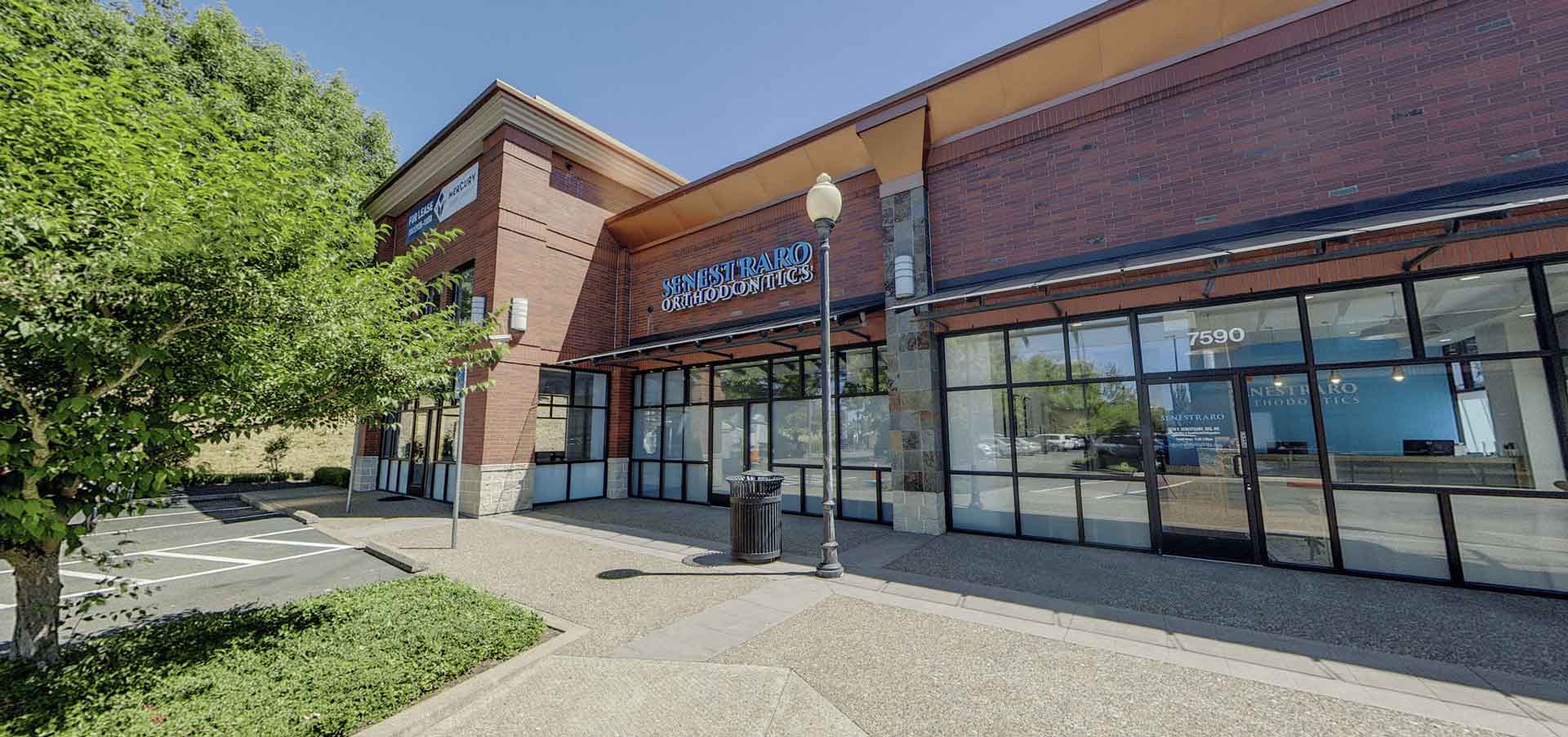Oral maxillofacial surgery is performed to fix injuries, treat oral diseases, and rectify defects in your mouth, jaws, teeth, or face. These procedures help to remove impacted teeth, place dental implants, reduce pain, and most importantly, restore function. The surgery is carried out by a qualified and highly skilled dental surgeon with versed knowledge in oral problems.
What To Expect Before Maxillofacial Surgery
Your dentist or doctor will refer you to a specialist if you require any maxillofacial surgery. You will hold consultation sessions with the surgeon, who will ask you about your medical history and symptoms. The specialist will examine your oral cavity and, if need be, carry out some tests like dental X-rays. They will then diagnose the problem and recommend the ideal treatment or surgery.
What To Expect During Maxillofacial Surgery
The procedure followed and maxillofacial surgery type to be performed on the patient depends on the condition’s severity. Some patients will undergo surgery and go home the same day, while other treatment processes need several surgeries to attain the expected results.
Surgeons can deliver anesthesia to a patient to make you fall asleep and prevent pain during the surgery. Besides, your surgeons can use stitches to seal the wounds at the end of the surgery. Also, the surgeons can put packing inside your mouth to protect your wounds or teeth, which is also ideal for absorbing fluids like pus and blood.
What To Expect After Maxillofacial Surgery
After the surgery, the healthcare team will move you from the theatre to the recovery room, where you will wake up. After waking up, you can experience some discomfort and pain as the anesthesia stops working. You might also experience bleeding, swelling, bruising, limited use of teeth, and difficulty in moving your jaws. The surgical team will brief you on how the surgery was, when to go home and how you are supposed to take care of yourself during the recovery period.
Wisdom teeth are the teeth found at the back of your gums. They are the last to erupt and are commonly referred to as your third molars. Most people have one in each corner of your mouth. If they come in you will see them in your early 20’s. Often, there is not enough room for them to join your other teeth due to a lack of space. When this happens and they are determined to erupt anyway, they may come in at a funny angle or only partially erupt.
What Happens When Wisdom Teeth Erupt?
Wisdom teeth can disturb the alignment of your teeth. If you have had braces you are most likely proud of your smile. However, when wisdom teeth erupt, the whole picture can change. Impacted wisdom teeth can cause misalignment. They can erupt at odd angles and really mess things up in the back of the mouth. The domino effect can occur, and many teeth may shift as a result of the wisdom teeth pushing against adjacent teeth. Perfectly straight teeth can be jolted out of their normal position by wisdom teeth. It is important to stay in contact with your dentist to be ahead of these changes.
Let Us Help Keep an Eye on Your Wisdom Teeth Today
Prevention is the best way to avoid misalignment issues caused by wisdom teeth. Make sure you fulfill your routine check ups at the dentist. They can take x-rays and alert you to the position of your wisdom teeth. The dentists can refer you to our office to we can take a closer look and suggest treatment for the wisdom teeth and misalignment issues. We work closely with dental professionals to stay on top of your wisdom teeth maturation. Give us a call today and we can take a look at your wisdom teeth.


